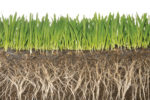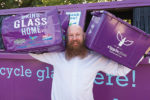The Healthier Planet
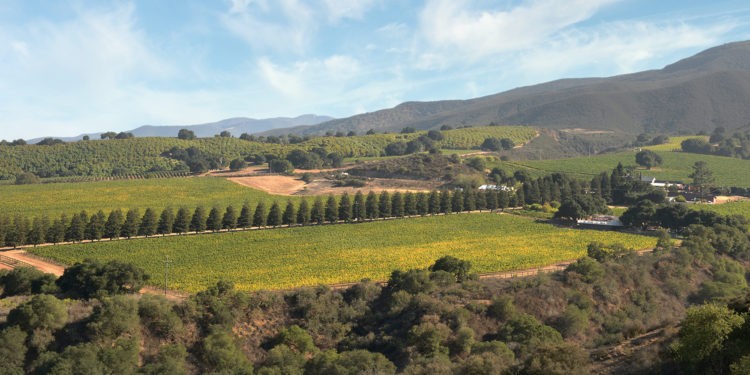
Crane Brewing & Hahn Family Vineyards
I’m excited to write this particular Healthier Planet column as I get to combine my passion for great beer and wine with some passion for the planet. Let’s start at Raytown’s Crane Brewing, which happens to be led by good friend and one of the nicest guys on the planet, Michael Crane. That aside, Crane is always looking for ways to do things right from an environmental standpoint, and he’s found some avenues at the brewery.
“The biggest thing we do (environmentally) is collect everything that goes into the trench drains. This includes proteins that settle out of the beer after fermentation. It also contains hop material and yeast. When we drop the temperature after fermentation all these solids drop into the cone in the bottom of the fermenter. This produces a clearer beer without filtration,” Crane shared.
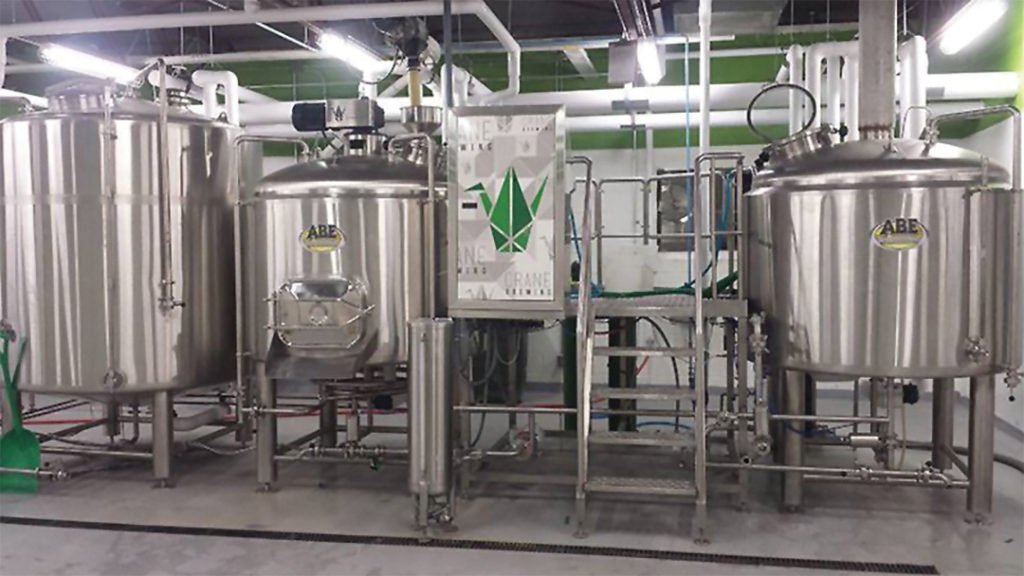
That’s great for the beer, but what happens to all the solids? “The trench drains flow into a 500-gallon underground tank, which is pumped into a 1,000 conical holding tank. The tank drains from the top so all the solids collect in the lower part of the tank. About every three months, the tank is pumped out by a company that empties grease traps in restaurants. It is handled as organic waste,” Crane stated.
That’s waste that otherwise would have gone into Raytown’s sewage system, and that’s a good thing for Raytown and the planet.
Crane is also big on recycling, and as you might expect, his brewery goes through a lot of glass that can easily wind up in landfills.
“We have a Ripple Glass recycling bin in front of the brewery for our use and all of Raytown to use. The citizens of Raytown have been very good about using this bin. I’ve heard that ours is filled faster than nearly every Ripple Glass bin in the entire metro,” Crane beamed. “Oh, and we have another recycling bin that handles paper and cardboard.” Well done, Michael Crane!
On the wine front, I traveled to California for a visit with Hahn Family Vineyards. You can read about some of Hahn’s terrific wines in our sister publication, Kansas City Homes and Style magazine, but here I’ll focus on Hahn’s environmental efforts, which are numerous. “First of all, we’re 100-percent solar powered. During harvest we were spending $10,000 to $12,000 a month on energy bills. The CFO of the company thought it made sense to buy and build a solar powered system and use that money to pay it off instead of just paying these huge monthly energy bills,” shared Paul Clifton, Director of Winemaking.
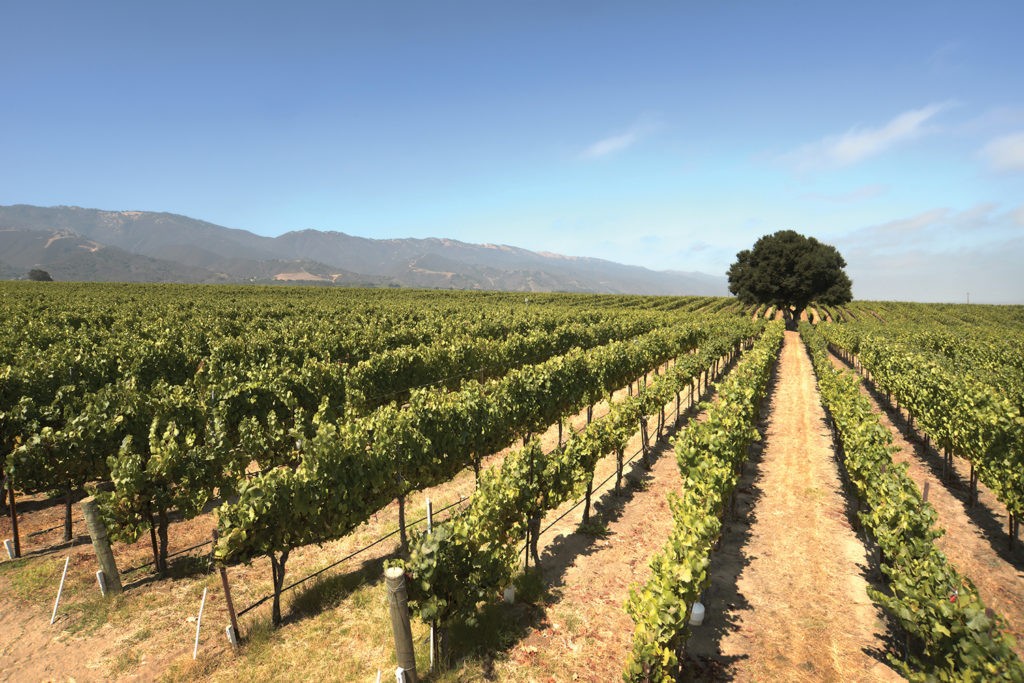
Hahn is a SIP Certified winery, one of the first in the state. SIP stands for “sustainability in practice,” where members practice sustainability in everything from how they treat the environment to how they treat (and pay) their employees. The idea is balance and sustainability at all levels, something Clifton practices and believes in deeply. “Most of the people here at Hahn grew up around here. We want to protect this area now, and in the future,” Clifton stated. “It’s country living. This is our backyard.”
Another SIP Certified practice I found especially interesting is the use of falconers to deal with so-called “pest” birds. “Starlings are our most prevalent pest bird. They descend on our vineyards in huge numbers and eat our grapes. They can do a tremendous amount of damage,” Clifton said. To combat the starlings, Hahn enlisted the efforts of two local falconers who bring their falcons into the vineyards to scare the starlings off. They’ve been doing it for about ten years, and Clifton says it’s been largely effective.
“I think the falconers are basically moving the birds from one vineyard to another, but it’s still an environmentally friendly way to deal with a huge problem. Just keep ‘em moving. The more you keep ‘em moving, the less fruit they’re going to eat,” Clifton summarized.
Moving birds, moving solid waste, and moving things forward, now that’s a healthier planet.


